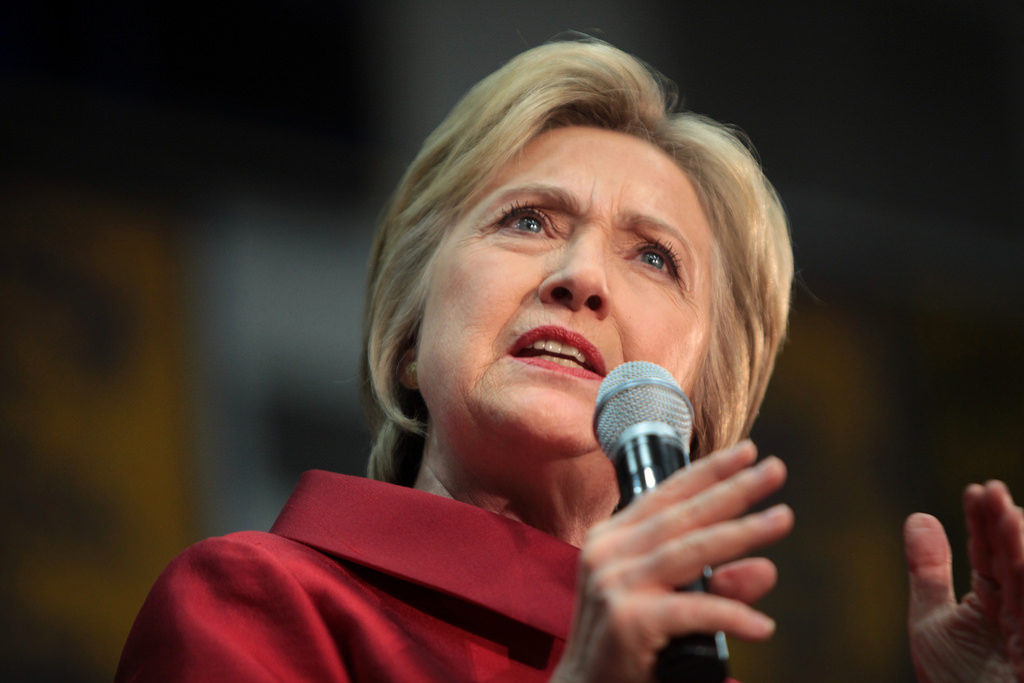Witness this Washington Post article, which spends the vast majority of its length crafting a narrative that Gillespie (in a post-Citizens United world) is somehow lagging in fundraising before arriving at the penultimate paragraph:
Gillespie’s financial position is better than it appears on his campaign finance reports because of spending on his behalf by outside groups. Americans for Prosperity, the heart of the billionaire Koch brothers’ conservative advocacy network, has spent $1.8 million on anti-Northam TV ads and mailers and has field staff knocking on doors.
The rest is just pure propaganda cloaked in the form of journalism, chiefly to buck up flagging support for embattled Democratic gubernatorial nominee Ralph Northam.
More important than the article itself, it begins to bring into focus the attitude of the Washington Post journalists reporters as we head into October. Much like George Allen’s 2006 U.S. Senate bid, it will be little more than an artillery of language aimed at blunting Gillespie’s momentum heading into November.
Only it will fail, for two reasons.
First, no one believes the Washington Post anymore. Everyone suspects the bias, everyone is attuned to it. In short, the paper of record has traded on its reputation for too long, and though attempts have been made to mimic Politico and develop an opinion journalism sideline to balance the reporting bias, the Washington Post has made the decision to be the organ of the left rather than cover the race in any meaningful form.
Second, the Washington Post simply lacks either the integrity or the pull it once held. Unlike 2006 where the Washington Post and the collection of Virginia newspapers could swing elections, today not only is their influence lessened in an era of digital media, but alternative circuits of information are developing based on the tastes and opinions of those reading the information. In short, the public square is no longer a communal one precisely because the legacy media decided to play politics rather than cover politics.
All else is an aftereffect. Digital journals merely mimic the standard that legacy media operations set, and the kicking under the table continues.






